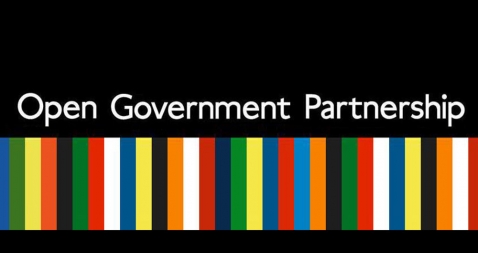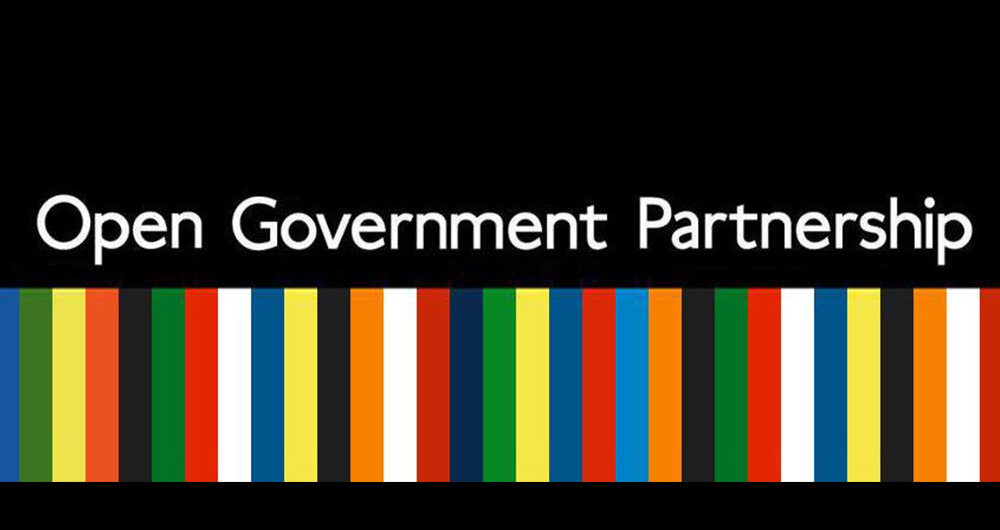
For the first time in the history of the organization, Spain will host the Global Summit of the Open Government Partnership (OGP), an international institution of reference in open government and citizen participation. From 6 to 10 October 2025, Vitoria-Gasteiz will become the world capital of open government, welcoming more than 2,000 representatives of governments, civil society organisations and public policy experts from all over the world.
Although registration for the Summit is now closed due to high demand, citizens will be able to follow some of the plenary sessions through online broadcasts and participate in the debates through social networks. In addition, the results and commitments arising from the Summit will be available on the OGP and Government of Spain digital platforms.
In this post, we review the objective, program of activities and more information of interest.
Program of activities of a global event
The OGP Global Summit 2025 will take place at the Europa Conference Centre in Vitoria-Gasteiz, where an ambitious agenda will be developed aligned with the Co-Presidency Programme of the Government of Spain and the Philippine organisation Bankay Kita, Cielo Magno. This agenda is structured around three fundamental thematic axes:
-
People: Activities that address the protection of civic space, the strengthening of democracy, and balancing the contributions of government, civil society, and the private sector. This axis seeks to ensure that all social actors have a voice in democratic processes.
-
Institutions: This block will address the participation of all branches of government to improve transparency, accountability, and citizen participation at all levels of government.
-
Technology and data: It will explore digital rights, social media governance, and internet freedom, as well as promoting digital civic space and freedom of expression in the digital age.
The OGP Summit's programming includes high-level plenary sessions, specialized workshops, side events, and networking spaces that will facilitate knowledge sharing and alliance building. You can check the full program here, among the highlights are:
-
Artificial intelligence and open government: the participatory governance of AI and how to ensure that technological development respects democratic principles and human rights will be discussed.
-
Algorithmic transparency: the need to make algorithmic systems used in public decision-making visible and understandable will be discussed.
-
Open Justice: It will explore how to strengthen the rule of law through more transparent and accessible judicial systems for citizens.
-
Inclusive participation: experiences will be shared on how to ensure that populations in vulnerable situations can effectively participate in democratic processes.
-
Open public procurement: best practices will be presented to make public spending more transparent and efficient through open procurement processes.
Among the most relevant sessions for the open data ecosystem, the one organized by Red.es "When AI meets open data" stands out, which will be held on the 8th at 9 a.m. Through a round table, it will be shown how artificial intelligence and open data enhance each other. On the one hand, AI helps to get more out of open data, and on the other hand, this data is essential for training and improving AI systems.
In addition, at the same time, on Thursday 9, the presentation "From data to impact through public-private partnerships and sharing ecosystems" will be held, organized by the General Directorate of Data of the Ministry for Digital Transformation and Public Function. This session will address how public-private sector collaborations can maximize the value of data to make a real impact on society, exploring innovative models of data sharing that respect privacy and foster innovation.
A legacy of democratic transformation
The Vitoria-Gasteiz Summit adds to the tradition of the eight previous summits held in Canada, Georgia, Estonia, France, Korea, Mexico, the United Kingdom and Brazil. Each of these summits has contributed to strengthening the global open government movement, generating concrete commitments that have transformed the relationship between governments and citizens.
In this edition, the most promising and impactful reforms will be recognized through the Open Gov Awards, celebrating innovation and progress in open government globally. These awards highlight initiatives that have demonstrated a real impact on the lives of citizens and that can serve as an inspiration for other countries and territories.
Multi-stakeholder engagement and collaboration
A distinctive feature of OGP is its multi-stakeholder approach, which ensures that both governments and civil society organizations have a say in defining open government agendas. This Summit will be no exception, and will be attended by representatives of citizen organizations, academics, businessmen and activists working for a more participatory and transparent democracy.
At the same time, other events will be held that will complement the official agenda. These activities will address specific topics such as the protection of whistleblowers, youth participation or the integration of the gender perspective in public policies.
This year, the OGP Global Summit 2025 in Vitoria-Gasteiz aims to generate concrete commitments that strengthen democracy in the digital age. As determined by the Open Government Partnership, the participating countries would make new commitments in their national action plans, especially in areas such as the governance of artificial intelligence, the protection of digital civic space and the fight against disinformation.
In summary, the OGP 2025 Global Summit in Vitoria-Gasteiz marks a pivotal moment for the future of democracy. In a context of growing challenges for democratic institutions, this meeting reaffirms the importance of maintaining open, transparent and participatory governments as fundamental pillars of free and prosperous societies.


